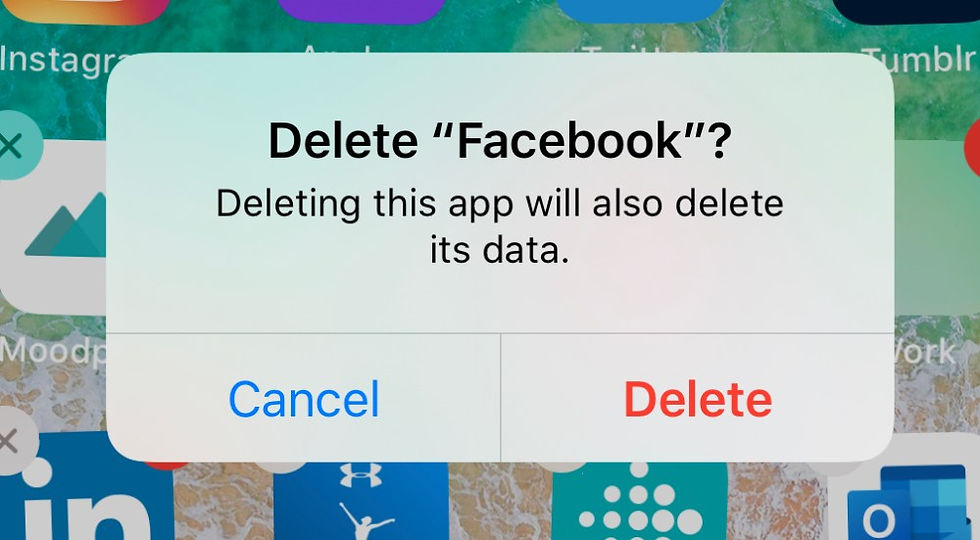
Photo Credit: Me
“Winners never quit and quitters never win.” Vincent lombardi
The timeless quote has definitely been said to you at least once in your life and has been used as inspirational motivation to just keep on going. Quitting means you’ll never give yourself the chance to succeed in what you started doing! Don’t stop until you’ve made it!
Of course, there are people who have become very crafty with a comeback like, “Well if you quit smoking that’s technically a win,” nullifying the point of the quote. But those witty people bring up an interesting perspective on what quitting really entails, and how that affects a person.
If you’re quitting because someone says you shouldn’t do it, or that you are getting made fun of for it, then that’s more of a “bad” reason for quitting. No one should stop doing something because someone else doesn’t like it (within good reason of course); it should be your decision based on your thoughts and feelings. Also, just because you quit one thing, doesn’t mean you’re forever labeled a quitter.
Now if you quit something because it is having a negative effect on your life, or you can no longer handle it, then that’s a “good” reason for quitting. Not everything that we partake in is going to be beneficial to us and it takes a certain amount of self-awareness and consciousness to even think about it in that context.
Social media is slowly finding itself on the list of “good” reasons to quit. Just in my feeds alone, I see at least one person every month or so announcing that they are taking a break from social media, or deleting their account altogether. The reasons vary from cyberbullying to busy lives but one that is becoming more common is the need to recuperate time back into daily life.
Cal Newport, who is the author of Deep Work and Digital Minimalism, delves into this topic frequently in his books. In Digital Minimalism specifically, Newport writes about the “attention economy” which is a phrase used to describe how consumers’ attention is sold to advertisers, and apps like Facebook make a profit from it. Facebook, Instagram, Snapchat, and Twitter, are all free to use. But they’re actually not free at all; you don’t pay with physical dollars but with your time and attentiveness.
In previous blog posts, I’ve written about the addictive nature of the smartphone and social media, going through a detox myself to experience what the effects are. Newport’s Deep Work mentions several rules for addressing deep work, but there is a specific emphasis on social media, which his following book Digital Minimalism talks about.
In the chapter aptly titled “Join the Resistance,” Newport lists several practical ways to pry yourself from social media.
Delete Social Media from Your Phone:
Clarification: this does not mean your social media accounts. Just the apps as companies will spend much of their time and money on the algorithm for the app than they do on the desktop version. If you want to access your social media account, you can use the web on your phone or your computer.
Turn Your Devices Into Single-Purpose Computers:
Computers and smartphones are amazing machines with the concept being that they are multi-functional. However, when you are trying to focus on deep work or completing any task that needs your full attention, a simple click can lead you to distraction. Instead, there are ways to lock down functions of your computer or phone for periods of time and then unlocked them.
It also helps to change your mindset to have these sites blocked by default, and unblock them when you have a schedule.
Use Social Media like a Professional:
Keep your account limited to a few prominent journalists or people who offer meaningful content related to your professional goals.
You can also create separate accounts for personal and professional purposes to avoid distractions.
Embrace Slow Media:
This just means to be more mindful of what media you are consuming and to focus on the highest quality content while also searching for content that goes against your viewpoint.
Dumb Down Your Smartphone:
Consider buying a cell phone versus a smartphone. Yes, one of those flip phones that just has the capability for calls and text messages to completely erase the functionality of apps altogether.
댓글